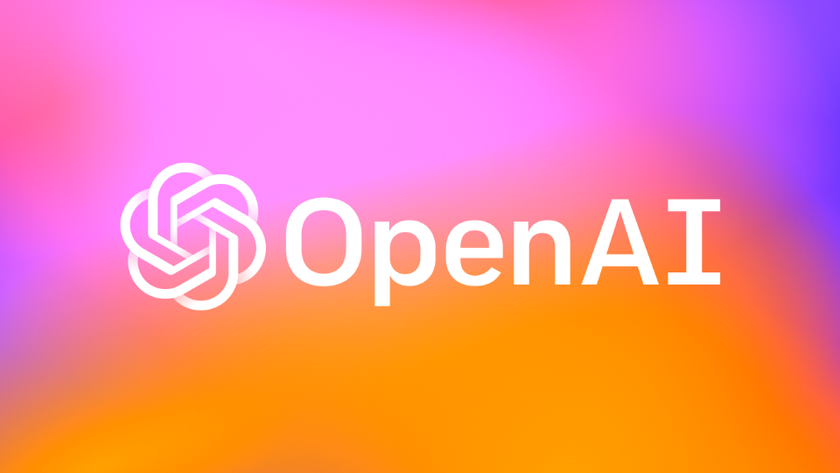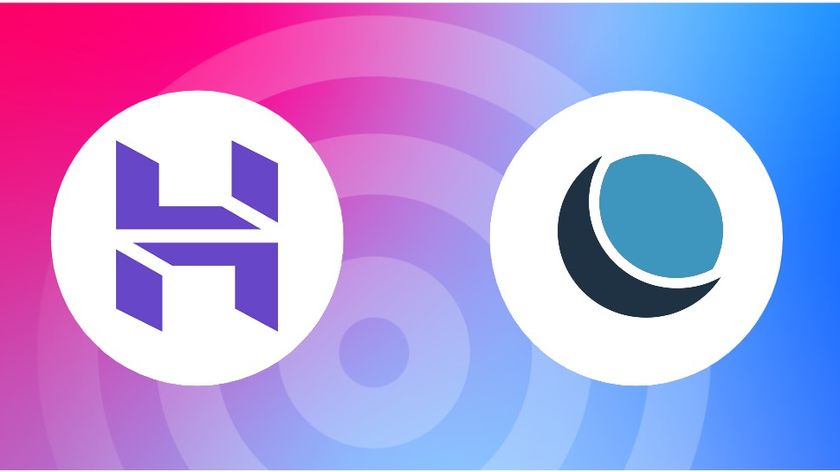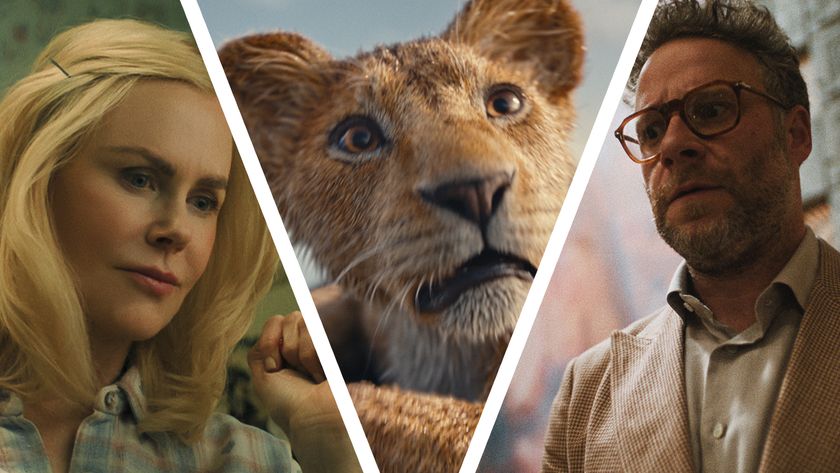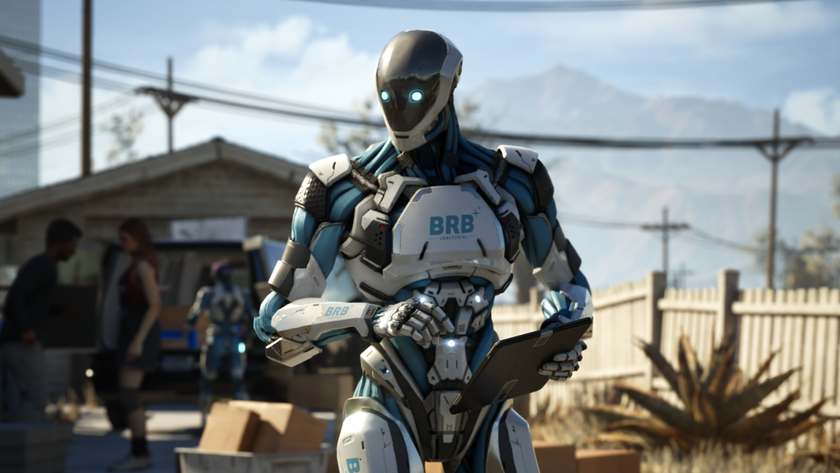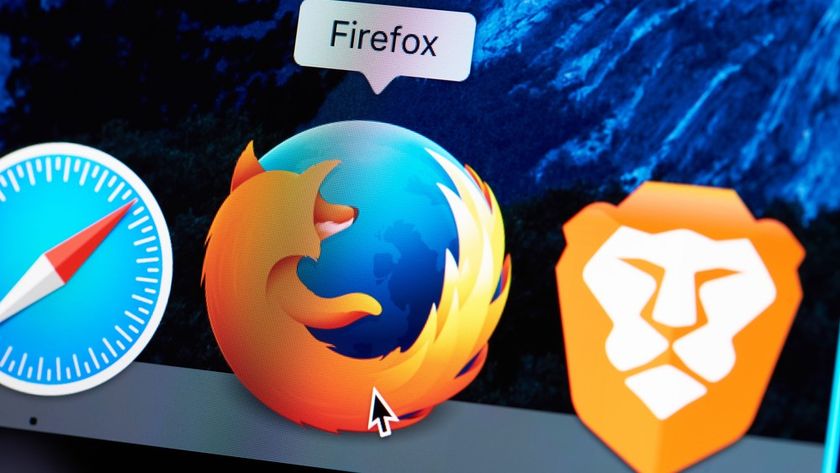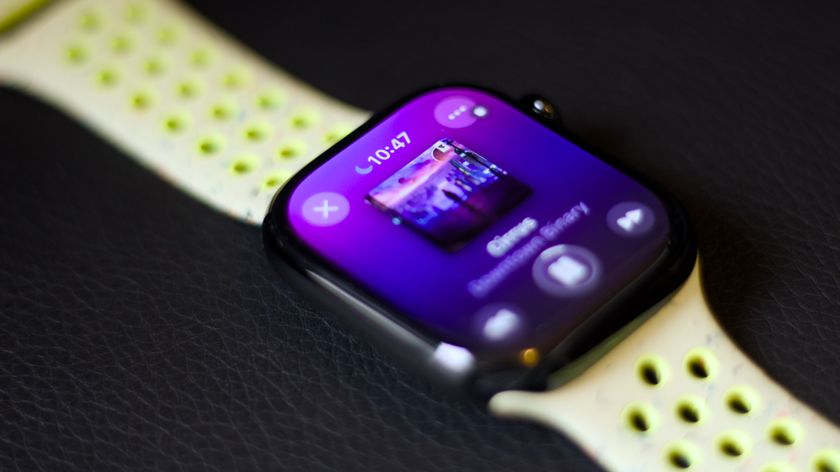Why a subscription model could be the future for all businesses
Enhancing customer engagement
TRP: What role does technology play in this transformation?
TT: Technology is what makes this transformation possible. Show me any business that has not got cloud on their agenda. Or any employee that doesn't use their phone or tablet to drive business processes from anywhere. And because networks are always on, we can connect, consume and drive 24/7.
This technology is what's transforming everything into a service, from software to digital media to the internet of things, making it available at our fingertips at any time.
TRP: What are the IT pitfalls you need to avoid?
TT: One of the greatest challenges is centred on the legacy systems businesses once ran on. These must be re-thought. ERP was built to track products that can be put on a pallet - rather than services which are consumed over time.
In the new Subscription Economy, where services are being consumed on a pay-as-you-go basis, the ERP model is dead.
What you need instead from your IT systems is total flexibility – in how you charge for your services (for example by usage or per-month), who you sell to (from individuals to very large enterprises), and how you track your financials (ensuring that bookings, billings, cash flow, and revenue are all sitting in the same system).
Are you a pro? Subscribe to our newsletter
Sign up to the TechRadar Pro newsletter to get all the top news, opinion, features and guidance your business needs to succeed!
Companies such as Salesforce and Box have been so successful because they've been able to be absolutely flexible in how they go to market.
However, this brings significant new complexities for the CIO. Legacy ERP systems such as SAP and Oracle are not flexible enough for this new economy, and there is a significant challenge to integrate new technology to separate systems of record (ERP) from systems of innovation.
Mastering this challenge is what's going to drive their future. Young companies don't have this issue, they just can forget ERP, never go to SAP and Oracle in the first instance, and be innovative right from the start.
TRP: Where do you see the future of subscription business models going?
TT: Music, video and food were just the beginning. Subscription business models are spreading from industry to industry and eventually all companies will embrace them.
However, this shift requires new models of thinking, and new flexible systems which allow you to understand your customers and tailor and price your services to them specifically.
This change won't be easy but, as Charles Darwin once said, it's those that are most responsive to change that survive. In today's constantly transforming business climate, success depends on it.

Désiré has been musing and writing about technology during a career spanning four decades. He dabbled in website builders and web hosting when DHTML and frames were in vogue and started narrating about the impact of technology on society just before the start of the Y2K hysteria at the turn of the last millennium.
